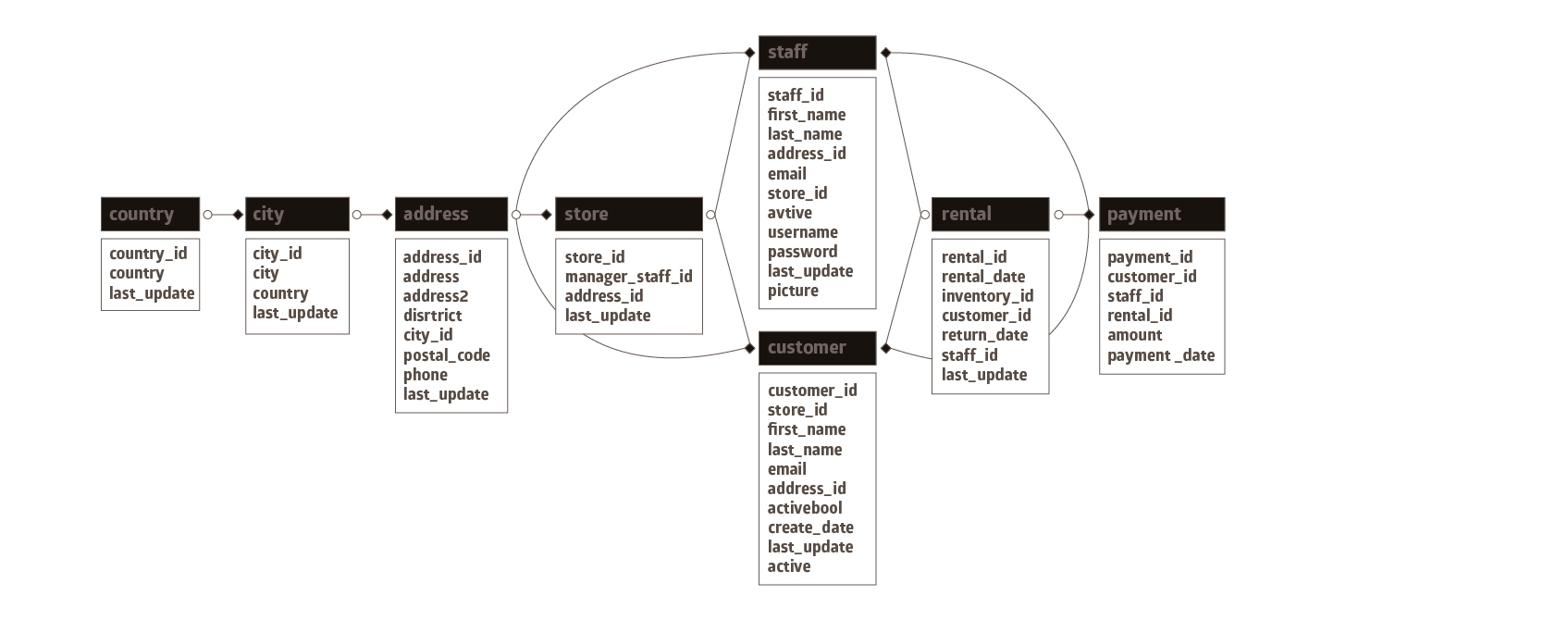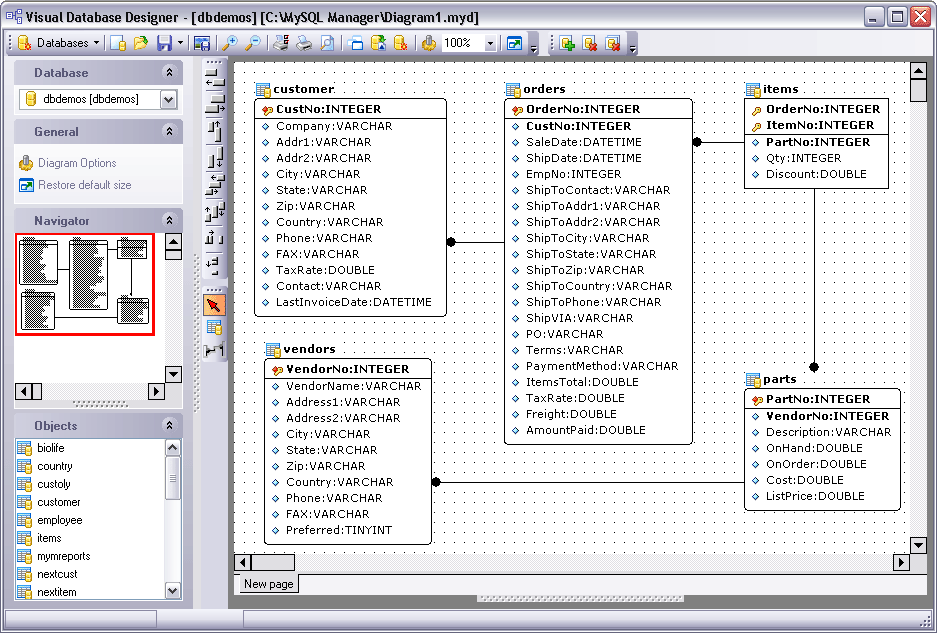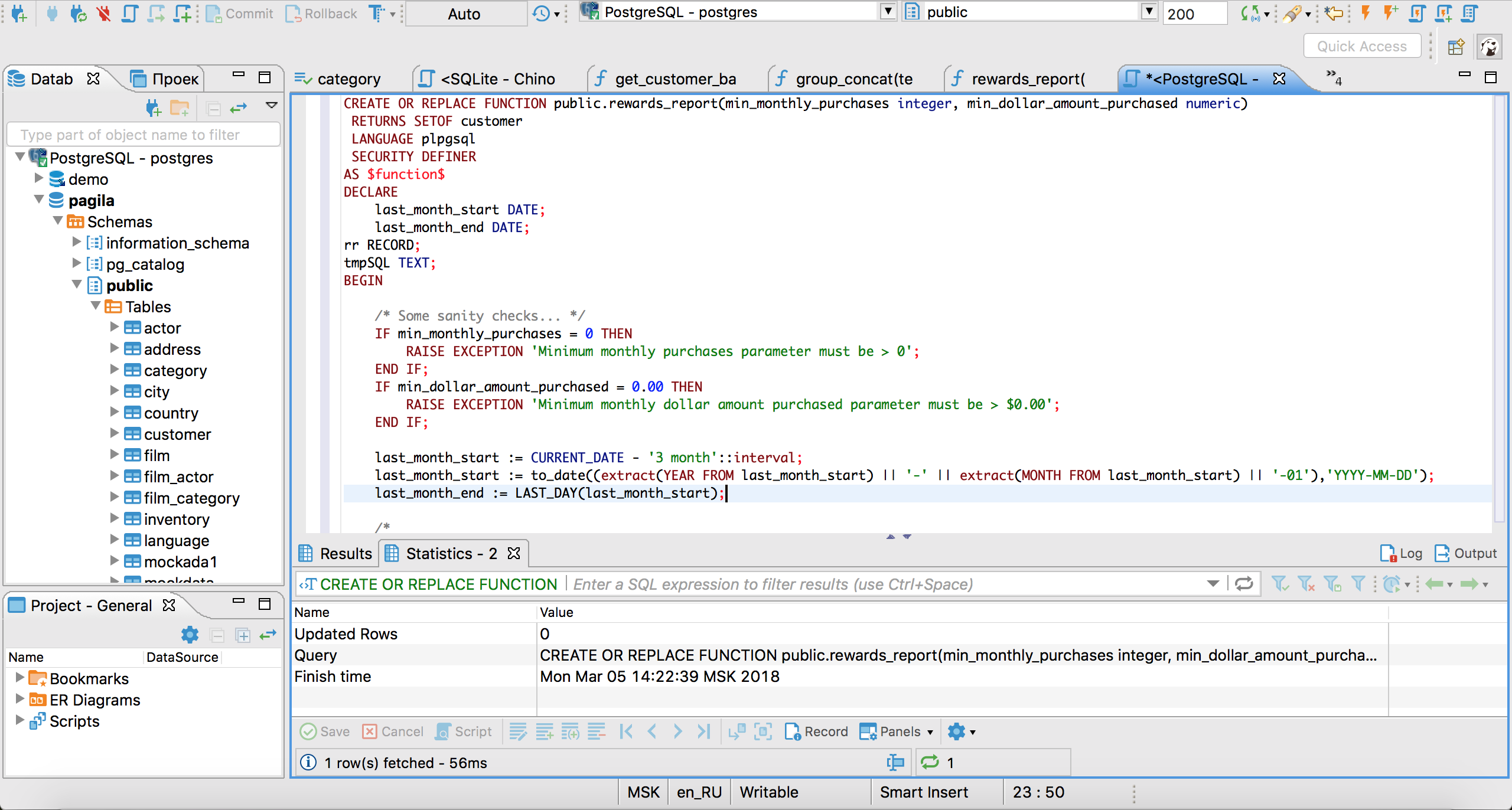

On the "Manage Pluggable Databases" screen shown previously, select the "Unplug a Pluggable Database" option and click the "Next" button. Unplug a Pluggable Database (PDB) using the DBCA The new pluggable database has been created as a clone of the seed database. Once complete, click the "OK" button on the message dialog and the "Close" button on the main screen. Wait while the pluggable database is created. If you are happy with the summary information, click the "Finish" button.
Universal database script archive#
If you were plugging in a previously unplugged database, you would select the PDB Archive or PDB File Set options to match the format of the files containing the unplugged PDB.Įnter the pluggable database name, database location and admin credentials, then click the "Next" button. Select the "Create a new Pluggable Database" option and click the "Next" button. On the resulting screen, select the container database to house the new pluggable database and click the "Next" button. On the "Manage Pluggable Databases" screen shown previously, select the "Create a Pluggable Database" option and click the "Next" button. Create a Pluggable Database (PDB) using the DBCA The screens look a little different between Oracle 12.1 and 12.2, but not enough to cause any confusion. The following sections describe some of these options. You can see from the resulting screen what operations are possible with pluggable databases. Select the "Manage Pluggable Databases" option and click the "Next" button. The DBCA includes a new option on the opening "Database Operation" screen that allows you to manage the pluggable databases of an existing container database. This topic will not be repeated here, so please refer to the Container Database article for more information.

In a previous article we discussed the creation of a pluggable database (PDB) during the creation of the container database (CDB) using the Database Configuration Assistant (DBCA).
Universal database script software#
In a previous article we discussed the creation of a pluggable database (PDB) during the creation of the container database (CDB) during the installation of the Oracle software using the Oracle Universal Installer (OUI).


Unplug a Pluggable Database (PDB) using the DBCA.Create a Pluggable Database (PDB) using the DBCA.Database Configuration Assistant (DBCA).There are articles specifically about installation of Oracle Database 12c here. Adjustments have been made where necessary. This article was written for Oracle 12.1, but content is still relevant for Oracle 12.2.


 0 kommentar(er)
0 kommentar(er)
